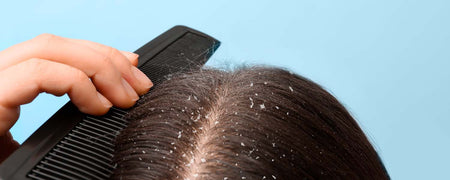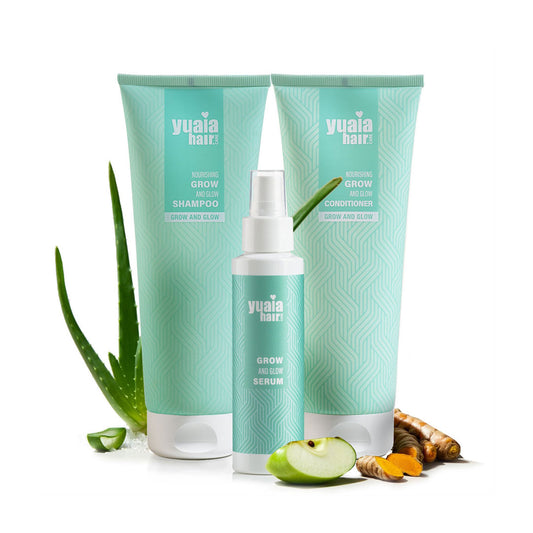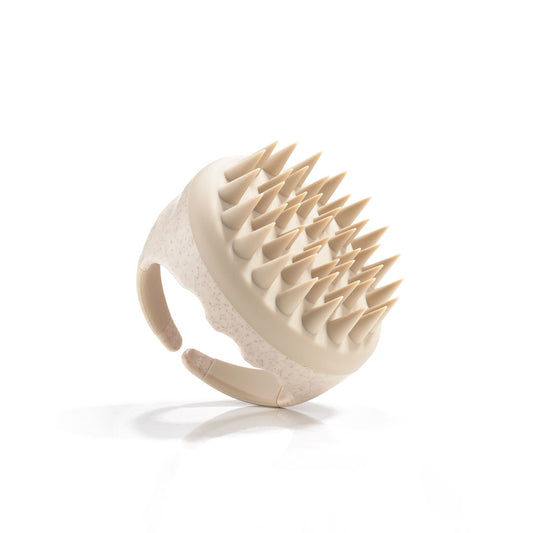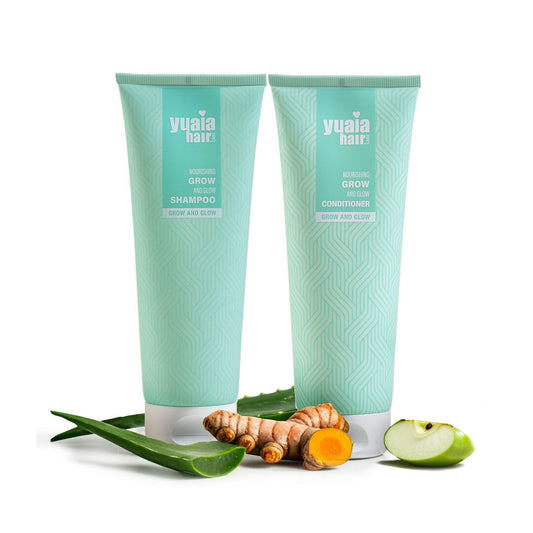Frequently asked questions about dandruff in hair
Can you get dandruff from stress?
Yes, stress can cause dandruff in hair. Stress can cause an increase in the hormones that control oil production in the scalp, resulting in an excessively oily scalp. This can lead to the growth of a fungus called Malassezia, which can then cause dandruff symptoms such as white or gray flakes on the scalp, redness and itching. In addition to stress, there are other factors that can contribute to dandruff, such as dry skin, certain hair products, and genetic predisposition. People suffering from diseases such as psoriasis or seborrheic dermatitis are more prone to dandruff due to overactive skin cell shedding. It is important to remember that although stress can play a role in worsening pre-existing conditions such as those mentioned above, it does not necessarily have to be present to cause dandruff.
Get a 10% discount code sent to you
Receive the best tips and tricks for your hair from Lotte and Nanna 🥰
Can dandruff go away on its own?
Yes, dandruff can go away on its own. Dandruff in hair is typically caused by a combination of factors such as dry skin, the natural oils in your scalp, and fungi that live on the scalp. If it is due to one of these factors alone, it will likely go away on its own once the underlying cause has been treated. If you e.g. have dry skin, make sure you stay hydrated and use moisturizers specially formulated for the scalp. If you have an excessive amount of oil on your scalp or an imbalance in the amount of oil being produced, try using a shampoo specifically formulated to help with this problem. If a fungal infection is the cause of dandruff, using an antifungal shampoo can help fight it. In addition, changing your diet or increasing your intake of certain vitamins can also help control dandruff and reduce symptoms. In any case, even without intervention, dandruff will usually go away on its own with time, as long as the underlying cause does not persist.
How often should you wash hair when you have dandruff?
How often you should wash your hair when you have dandruff depends on how severe your condition is, as well as your hair type. Generally, it is recommended to wash hair more frequently to reduce the buildup of oil and dead skin cells that worsen dandruff. If you have mild dandruff, you can start by washing your hair daily with a gentle dandruff shampoo until the dandruff is under control. For those with more oily scalps or frequent use of styling products, daily washing may be necessary.
For individuals with sensitive scalps or dry hair, it may be best to wash hair 2-3 times a week and use a medicated dandruff shampoo. Be careful not to wash too infrequently, as it can lead to an overproduction of the yeast fungus that causes dandruff. Make sure to let the dandruff shampoo sit on the scalp for a few minutes for optimal effect.
The most important thing is to tailor your washing routine to your hair's specific needs, as over- or under-washing can worsen the problem.
Is dandruff contagious?
No, dandruff is not contagious. Dandruff is caused by an overproduction of sebum on the scalp, which can lead to itching and dandruff. It is a common condition that many people experience at some point in their lives. It can be treated with various hair products and good scalp hygiene. If you are concerned about dandruff, you can always speak to your doctor or a professional hairdresser for more information and advice on how to best manage it.
 2-5 day delivery
2-5 day delivery
 25.000+ satisfied customers
25.000+ satisfied customers
 Satisfaction Guarantee
Satisfaction Guarantee






























